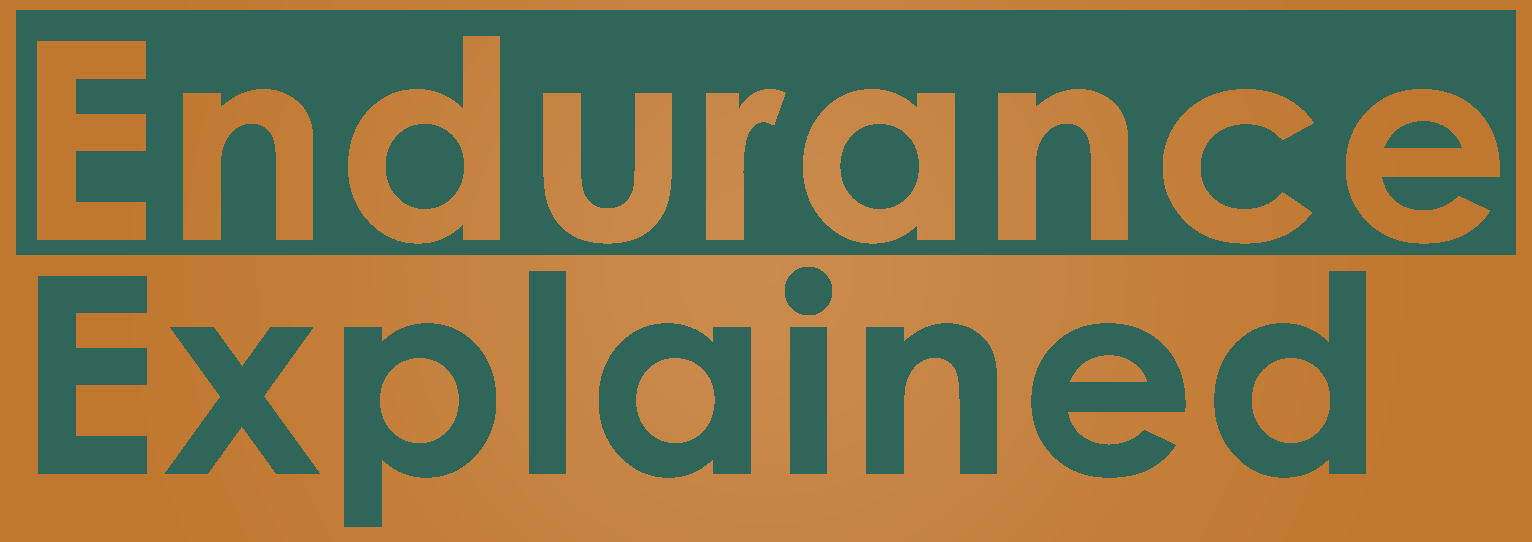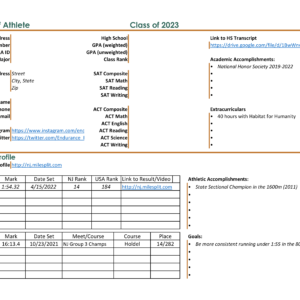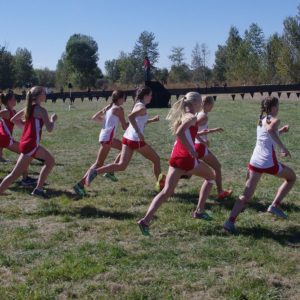Recruiting 101 - What Goes Into a Great Email?
In the first part of this series I talked about how to get noticed and how to turn that into getting a response (i.e. get in contact). The biggest takeaway should have been how important sending a great email can be to make a coach take the time to respond to your. Today we’re going to discuss what exactly you need to write a great email and how to stand out. You can even find the link to an editable version of the recruiting fact sheet below to send to coaches
What Goes Into a Great Email?
Emails to coaches don’t have to be complicated. When I first receive an email from an athlete I’m looking for 3 things:
- Shows interest in our program/school
- Tells me your background as an athlete (marks, times, achievements, etc.)
- Reasonably well written
Shows Interest in Our Program/School
Even just a simple line that says: I have been following your team over the past few weeks and saw how much progress your athletes have made. It looked like your athletes had a great conference meet, especially in the steeplechase which is my favorite event.
Something like that instantly makes a coach on your side. It shows you’ve taken the time to look into our team and a little dose of flattery never hurts. Trust me, we want athletes that are excited to be at our school, that’s the first step toward building a great culture on our team. Positive athletes make a positive experience.
Emails are the best tool you have to get a coach’s attention. Make sure you’re making the right impression.
We’d also like to hear about what you might be interested in studying or why you found us in the first place. If I’m at a liberal arts school then it may save everyone some time if you mention: I was really interested in studying engineering. But knowing your major also helps when we first talk over the phone to know how to steer the conversation or to make sure that we brush up on your program so we can be more helpful when we talk about the school with you.
Your Background as an Athlete
Fortunately, we put together a document that you can edit that includes everything you could possibly need to share with a coach all in one place:

In that document you can copy it into Excel or Google Drive and fill in each cell with you own information. You can also use Google Drive to upload a copy of your HS transcript, test scores, or even videos of you running that you can share a link by copy and pasting right into the document. When you’re done you can save the document as a PDF and include it as an attachment with every coach you email. I guarantee this will impress them with all of the time you put in to make their lives easier in one clear, concise document.
Directions to edit the Athlete Fact Sheet: After you open the document, select “File” > “Make a copy”. This will open a new sheet with the same formatting that can be edited with your information. After you can hit “print” then change the destination to “Microsoft print to PDF” to save the document as a PDF. All of the links will still work and be in an easier file format for coaches to read.
Reasonably Well Written
This should go without saying, but time and time again I will still receive emails that are an immediate turn-off in the recruiting process.
Are you looking for any cross guys this year
Probably not the only thing an email should say, especially when you make your subject line “Hi”. Keep in mine, we haven’t met or spoken with one another, that isn’t the way to represent yourself for the first time with a coach that you don’t know. Always err on the side of being slightly more formal or at least thorough just in case a coach is particular about that.
Hi Coach, I’m a state champion. How big of a scholarship would I get there?
This is a real email I received in my first few years of coaching. Fortunately, MileSplit is pretty easy to use so I can look up times easily enough. The individual was only a 4:53 miler and a 2:13 800m runner at the time and won a small state district meet once. We had women on our team at the time that had run 2:13 so a HS boy wasn’t going to dazzle us with a cold email that wasn’t just assuming he’d get a scholarship, but was interested in how big that scholarship would be.
I can fill a small book with emails like this, but I’ll stop there.
Look, some coaches are very particular. Some won’t mind a very informal email. But no one wants to recruit someone with poor communication skills. It means we’re likely facing an uphill battle for the entire process and it will continue if you are on our team.
Putting it all Together
Your first email to a college coach doesn’t have to be long or even overly detailed. If you send me something that can tell me who you are, why you’re interested, and what your marks are then you’ll definitely hear back from me even if your marks aren’t quite what we’re looking for. Some coaches aren’t going to respond unless you’ve run fast enough, but that’s probably not a school you want to run for (if you’re the person they wont respond to).
Even just today I received a great email that was fairly simple:
- 2 sentences telling me who they are and how they found us
- A short paragraph on her athletic achievements
- 2 sentences on her goals for this year
- 1 sentence asking if there is a time that we can connect over the phone
That’s really all it needs to be. She showed interest, gave me background, and was respectful. She wouldn’t be someone we’d expect to score even in a year or two, but I responded within 5 minutes because she seems like she’d be coachable and someone I’d like to work with.
Emails are the best tool you have to get a coach’s attention. Make sure you’re making the right impression.


